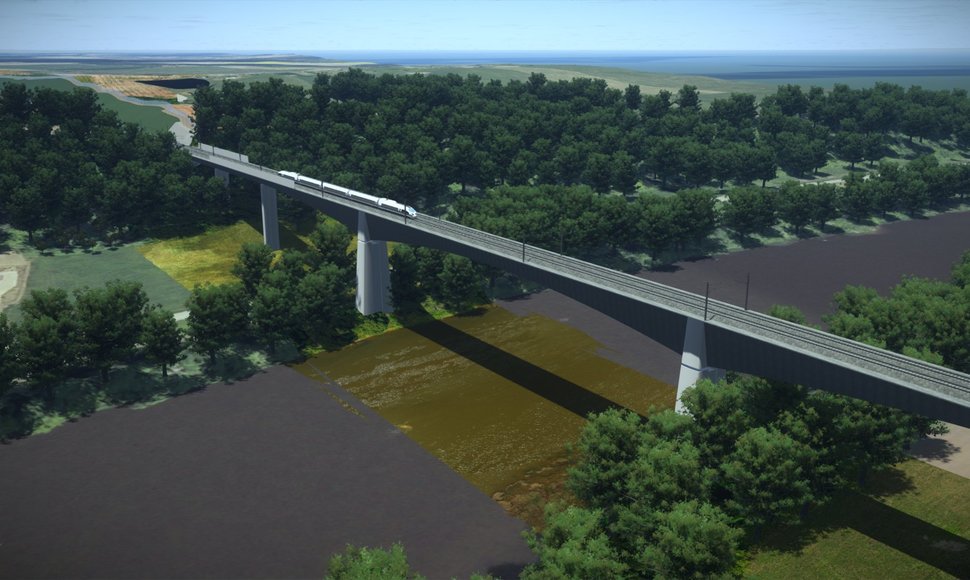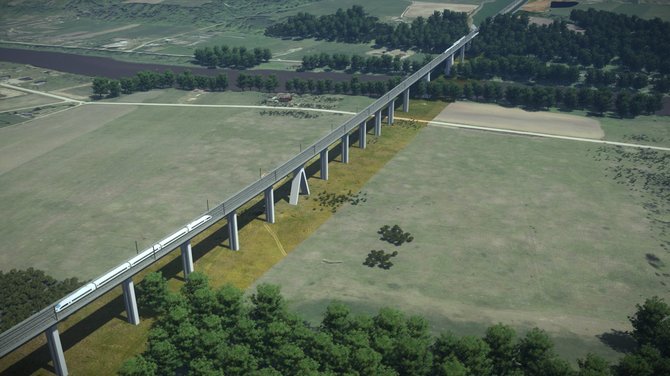“This will be an exceptional project not just for Lithuania, but the entire region. This is another opportunity to participate in the project by offering oversight for the construction works of the longest railway bridge in the Baltic States, and will not arrive any time soon. As such, we invite all companies, which are able to offer the services outlined in the tender, to participate,” says Karolis Sankovski, CEO at LTG Infra.
The tender for technical oversight of contracting work and engineering services will be held in two stages. During the first stage, the tender participants’ compliance with technical requirements will be evaluated, and during the second stage, the best offer will be selected.
The services are to be purchased on the basis of the FIDIC Red Book – the most frequently applied model in Lithuania for both the private and public sectors. One of the advantages of this model is that the work oversight engineer measures and evaluates the quantities of work done by the contractor and the customer then makes payments based on solely work that has been completed, thus avoiding overpaying for potentially greater amounts of work than is actually done.
The new railway bridge across the river Neris will rise up near Jonava, and will be the longest railway bridge in the Baltic States. In total, the new bridge will span 1,510 metres, and the longest span between the bridge’s supports where it crosses the river will reach 150 metres.
Currently, the longest bridge in Lithuania is the Lyduvėnai railway bridge across the river Dubysa, which spans 599 metres, while the longest road vehicle bridge is a bridge over the river Nemunas near Jurbarkas, which spans 494 metres.
Rail Baltica is the largest railway infrastructure project in the Baltic States’ history. Through its implementation across the Rail Baltica route, an electrified European standard gauge railway line will be laid down from Warsaw through Kaunas to Riga and Tallinn.
The combined length of the Rail Baltica railway line in the Baltic States will be 870 kilometres: 392km in Lithuania, 265km in Latvia, and 213km in Estonia.
The project’s construction works are to be valued at 5.8 billion euros, which is the largest investment aimed at improving mobility, travel opportunities, business development, tourism and goods exchanges in the region.













